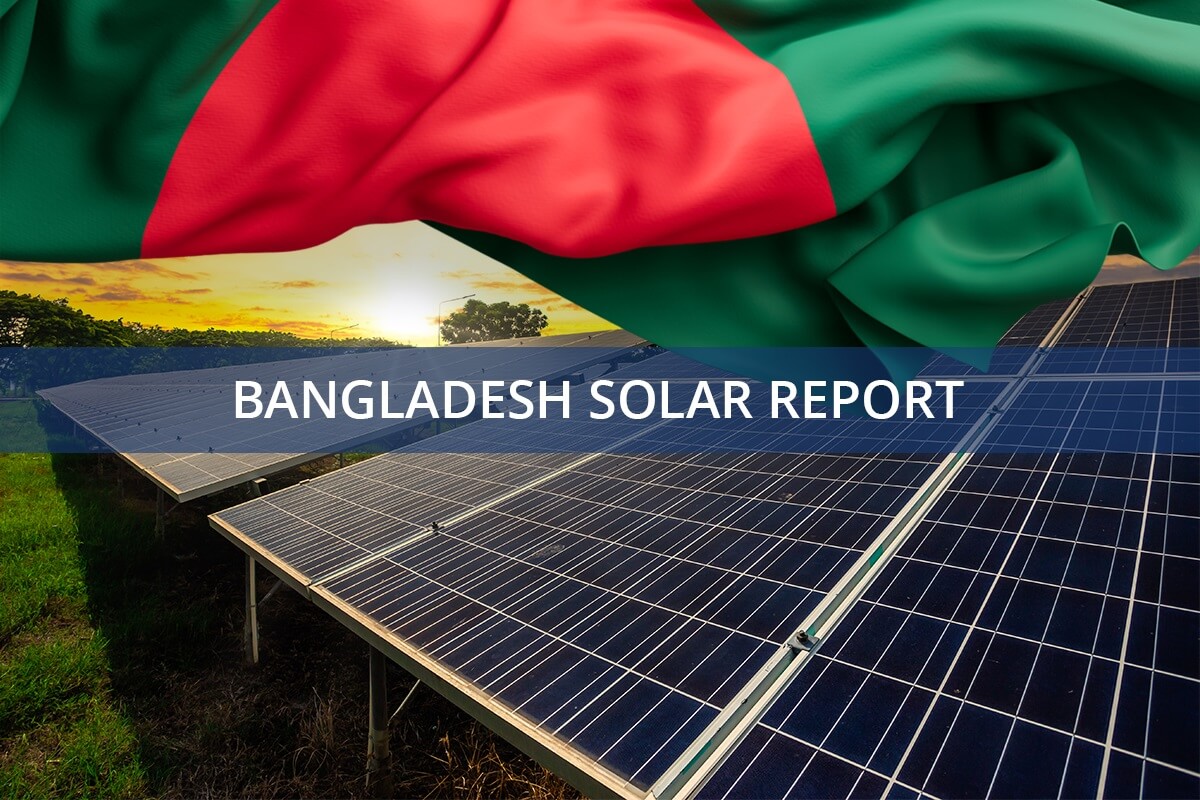Bangladesh is ambitiously pushing to generate 20% of its electricity from renewable sources by 2030, a goal that aligns with its commitment to the Paris Agreement. This plan, revealed by State Minister for Power, Energy, and Mineral Resources Nasrul Hamid, emphasizes solar energy as a key component of the country’s renewable energy strategy. This focus on solar aligns with global trends, as seen in initiatives like the partnership between SBI and Orb Energy for solar financing in India, aimed at achieving 100 GW of rooftop solar power by 2030 (Solar Power Financing in India).
Bangladesh Renewable Energy Target: Current Progress
Bangladesh has made significant strides in its renewable energy sector, boasting a capacity of 2,760.58 megawatts (MW). This includes 1,734.69 MW from solar, 2.9 MW from wind, 230.41 MW from hydropower, and 792.58 MW from other renewable sources. In terms of electricity generation, renewables have produced 9,362.13 gigawatt-hours (GWh), with solar leading at 7,013.54 GWh, followed by hydropower (1,716.18 GWh), other renewable sources (632 GWh), and wind (0.41 GWh).
The government’s commitment is evident in its ongoing investment. Thirty renewable energy projects totaling 1,448.57 MW are currently underway, further boosting capacity and reducing reliance on fossil fuels. This proactive approach contrasts with some global setbacks, such as the cancellation of the U.S. “Solar for All” program (Solar for All canceled), highlighting the importance of continued support for renewable energy initiatives.
Challenges and Solutions for the Bangladesh Renewable Energy Target
Despite progress, Bangladesh faces challenges like land scarcity and high energy storage costs. The government is exploring innovative solutions, including floating solar farms and rooftop installations, maximizing land use and reducing infrastructure expenses. These innovative approaches are crucial, particularly in land-constrained regions, as demonstrated by the challenges faced in Taiwan’s renewable energy sector (Taiwan renewable energy challenges).
Bangladesh’s membership in the International Solar Alliance (ISA) (ISA) further strengthens its commitment. The ISA fosters collaboration, best practice sharing, and access to funding and technical support. Simultaneously, the country is actively assessing its wind energy potential in coastal areas and collaborating with international partners on wind energy projects to diversify its energy mix. Exploration of biomass and biogas adds further opportunities for diversification and carbon footprint reduction.
The Future of the Bangladesh Renewable Energy Target
Bangladesh’s ambition extends to achieving 100% renewable energy by 2050. This long-term vision aligns with the country’s broader strategy for a low-carbon economy and reduced fossil fuel dependence. Similar ambitious goals are being pursued by other nations, with examples like Masdar’s partnership with Pertamina in Indonesia, aiming for a 20% renewable energy share by 2030 (Renewable Energy Strengthens Masdar-Pertamina partnership).
Bangladesh’s commitment to renewable energy signifies a positive stride toward a sustainable and resilient energy future. Its efforts to diversify energy sources, invest in infrastructure, and address sectoral challenges are crucial for achieving its goals and contributing to global climate action.



